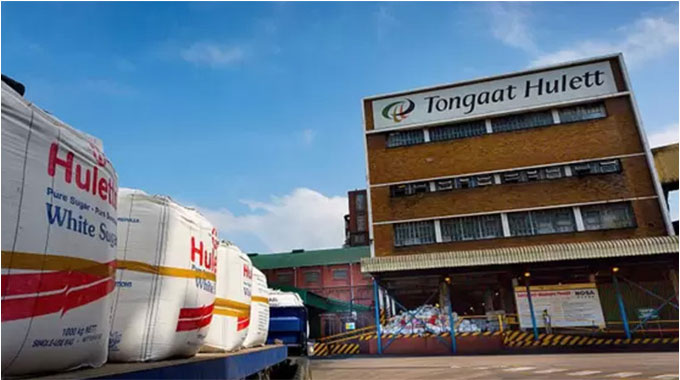Fresh pillage exposed in crucial agric programme
PUBLIC and private sector actors are all complicit in the plunder of inputs under the command agriculture programme, according to a new report by Pact, a global civic society organisation.
In its report titled: Infamous by Design: Illicit Finance in Zimbabwe, Pact said looters exercised their power to circumvent procurement protocols, oversight mechanisms and due diligence laws to benefit their families and cronies from proceeds of looting from the important farming programme that was meant to guarantee food security in Zimbabwe.
Parliament last year also expressed serious concern in the way the command agriculture programme was being handled.
“Corrupt public procurement and abuse of State subsidies have undermined command agriculture programme’s ostensible efforts to make Zimbabwe’s agricultural system more productive, equitable, and competitive,” the report read.
Pact’s analysis focused on the programme’s operations before 2019.
“While important reforms have occurred since, Pact identified weaknesses within the governance of the command agriculture programme in which public and private actors colluded to move as much money as possible to their own pockets and distributed funds in a way that flouted parliamentary oversight and utilised opaque financing arrangements,” the report added.
“Command agriculture programme’s poorly managed and targeted subsidies demonstrate how Zimbabwe’s agricultural sector has been vulnerable to powerful actors’ abilities to circumvent procurement protocols, oversight mechanisms and due diligence laws.”
Pact said public procurement systems and safeguards were routinely ignored at all stages of the programme, providing ample opportunities for abuse.
“Before 2019, the State Procurement Board oversaw the public procurement process. Multiple informants suggested that the government of Zimbabwe ignored procurement procedures to control command agriculture programme’s financing arrangement, which offered easy access to capital through the sale of Treasury Bills,” it said.
“Once the government of Zimbabwe borrowed funds through command agriculture programme, the lender had free license to spend the funds on the government’s behalf, without procedures in place for monitoring the value and necessity of expenditures or to avoid conflict of interest in future procurements.”
A damning parliamentary report on command agriculture released in March exposed how authorities superintended over a murky and illegal process through questionable approvals of Treasury Bills that have seen the government saddled with a debt of nearly US$1,6 billion.
According to Parliament’s Public Accounts Committee report, former Finance minister Patrick Chinamasa and the central bank disregarded the law in discharging the programme.
Pact said once farmers received subsidies, instead of using inputs to produce maize, they sold the inputs on the black market.
“This was more money than they would have received from the government of Zimbabwe for mealie-meal, which would have been paid in the rapidly depreciating Zimbabwe dollar. With money leaking out of the programme at every step, command agriculture programme has been unable to meet its objective of improving the country’s food security situation, with close to 5,5 million Zimbabweans finding themselves food insecure in 2020,” the report added.-newsday









